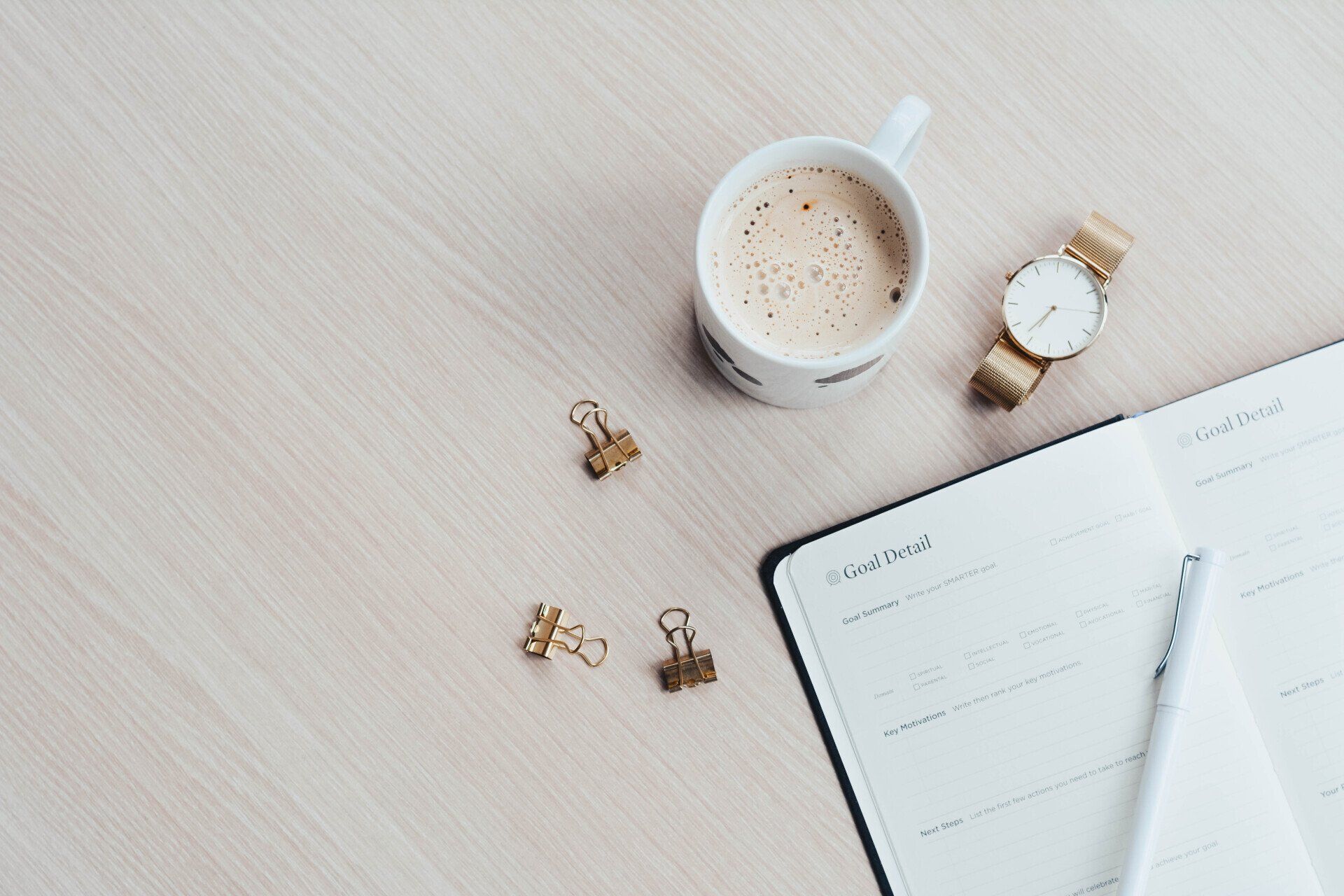Are you getting enough sleep?
March 8, 2023
Are you getting enough sleep?
If you’re feeling tired all of the time, there’s a good chance you’re not getting enough sleep.
However, there are other signs to watch out for that you may not have noticed, and a lack of sleep can affect you in ways you might not expect.
How do you know if you’re getting enough sleep?
Here are several things to ask yourself, which may help you decide whether you are getting enough sleep:
Do you feel well-rested when you wake up?
If you wake up feeling refreshed and ready to take on the day, you are most likely getting enough sleep.
Do you often feel tired during the day?
If you are consistently feeling sleepy or drowsy during the day, this can be a sign that you're not getting enough sleep.
How well can you concentrate?
If you find it easy to concentrate and focus during the day, it's a good sign that you're getting enough sleep.
Lack of sleep can affect cognitive function, making it difficult to concentrate and focus on tasks.
Do you wake up in a good mood?
If you wake up in a good mood, it’s a good sign you’re getting a restful night’s sleep.
Good sleep is essential for regulating emotions, reducing stress and maintaining a positive mood. Not getting enough sleep can lead to increased irritability, mood swings and can increase the risk of developing mood disorders such as depression and anxiety.
Do you need an alarm clock to wake up?
If you consistently wake up at the same time every morning, without needing an alarm clock, it's a good sign that your body is getting the amount of sleep it needs.
If you find yourself hitting the snooze button, you might need to consider an earlier bedtime.
Do you have difficulty falling or staying asleep?
If you don't have trouble falling asleep or staying asleep, it's a good sign that you're getting enough sleep.
Difficulty falling asleep or staying asleep can indicate insomnia, which may be caused by not getting enough sleep. Sleep-related problems such as snoring and sleep apnoea can indicate a lack of restful sleep.
Do you get sick often?
If you rarely catch colds, get infections or develop mouth ulcers, you are likely to be getting enough sleep.
Sleep plays a crucial role in the body's repair and recovery process and helps to strengthen the immune system and reduce the risk of chronic diseases such as heart disease, stroke, and diabetes.
Not getting enough sleep can weaken the immune system, making you more susceptible to illness, and chronic disease.
Do you feel physically tired when you wake up?
If you wake up feeling fresh and nimble, this can be a sign that you’re getting enough sleep.
As your body repairs your body during sleep, a lack of sleep can negatively impact this maintenance process, and can leave you feeling achy, or you may notice a decline in strength or stamina during physical activities.
Do you frequently have accidents or make mistakes?
Sleep is important for healthy brain function, enabling you to make good decisions and think clearly.
Lack of sleep can affect your reaction time, judgement, and overall safety, increasing the risk of accidents or making “silly” mistakes.
Do you have a healthy appetite?
If you have a healthy appetite and are maintaining your weight, you’re probably getting enough sleep.
When you sleep, your body regulates hormones that control appetite and metabolism.
Not getting enough sleep can disrupt these hormones, leading to changes in appetite and weight.
How can I get more good quality sleep?
Getting enough sleep is important for your physical and mental health.
Here are some helpful tips that may help you get more good quality sleep:
Stick to a sleep schedule
Try to go to bed and wake up at the same time every day, even on weekends.
Create a bedtime routine
Establish a relaxing bedtime routine to signal to your body that it's time to wind down and sleep.
Limit your exposure to screens
Avoid using electronic devices such as smartphones, tablets, and laptops in the bedroom, as the blue light from these devices can interfere with sleep.
Create a sleep-inducing environment
Make sure your bedroom is cool, dark, and as quiet as possible. Consider using blackout curtains, earplugs, or a white noise machine.
Avoid caffeine and alcohol
Caffeine and alcohol can interfere with your sleep, so it’s best to avoid them before bedtime.
Exercise regularly
Exercise can help you fall asleep faster and improve the quality of your sleep. However, don't exercise too close to bedtime, as this can have the opposite effect.
Manage your stress
Stress and anxiety can interfere with sleep, so try to find ways to manage your stress before bedtime. This may include meditation, deep breathing exercises, or a relaxing activity like reading a book.
How much sleep do you need?
The amount of sleep you need can vary depending on your age, health, and other individual factors.
Generally, adults need around 7-9 hours of sleep per night, If you're consistently feeling tired or having trouble sleeping, it may be worth talking to a healthcare professional.
If you're consistently feeling tired or having trouble sleeping, it may be worth talking to a healthcare professional.









